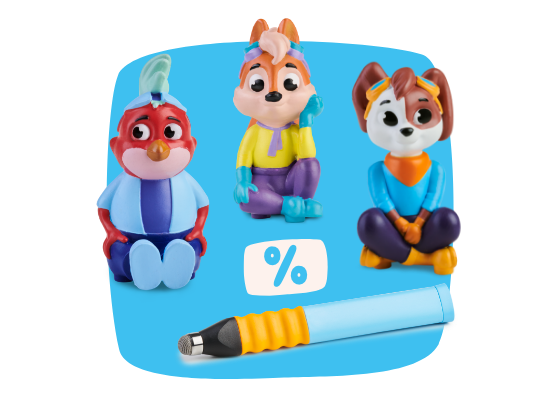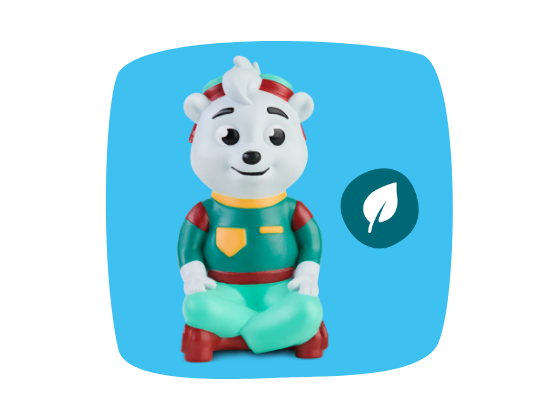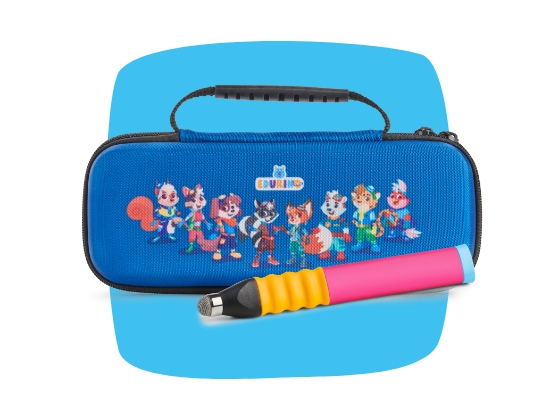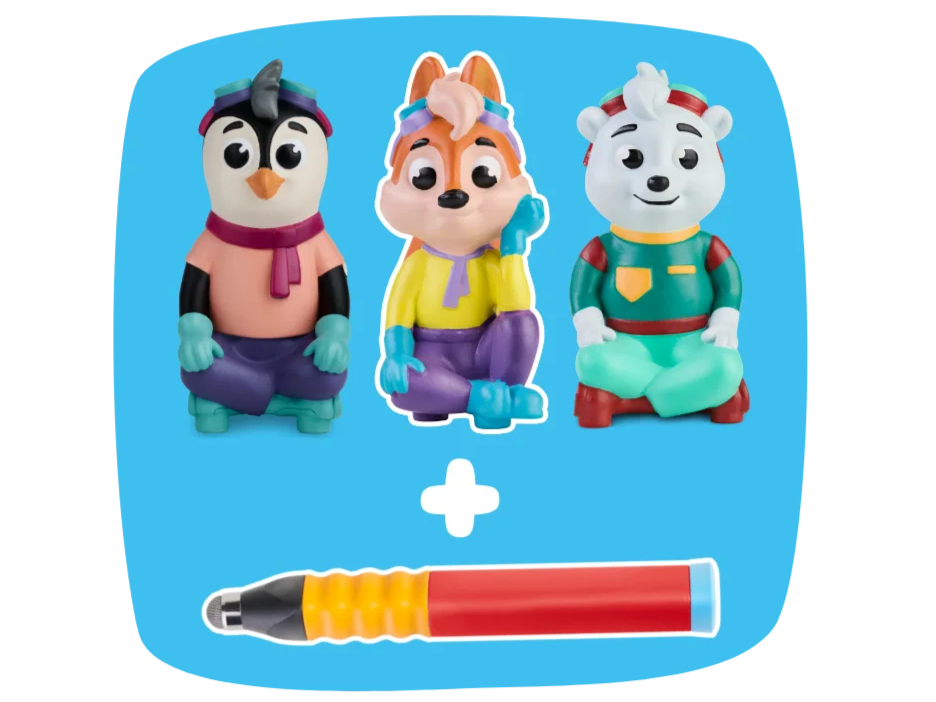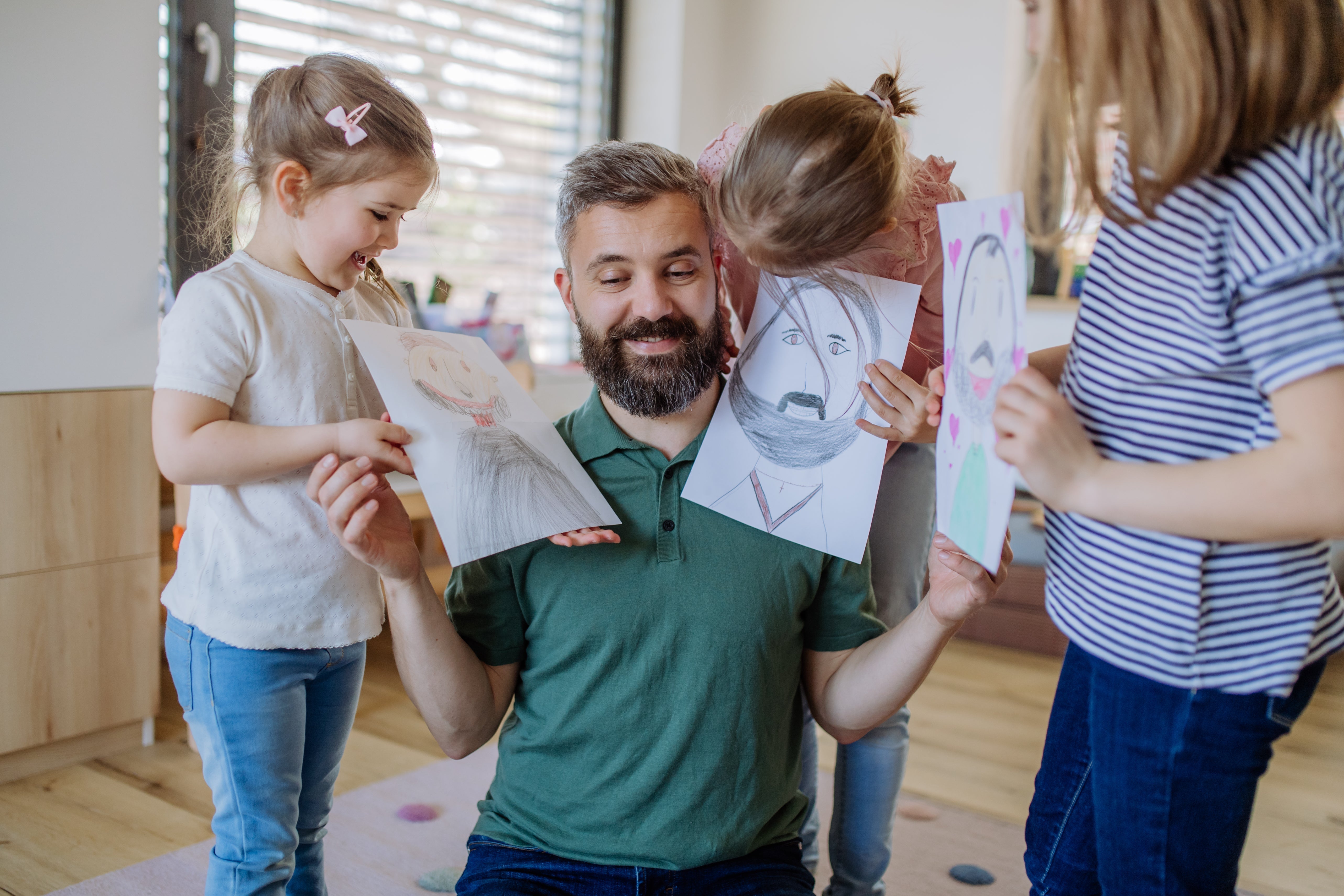When your child is bullied, it feels like the ground is being pulled out from under you. You want to protect them, comfort them, and solve everything immediately—but often the way out of such a situation isn't quite so easy.
I'm Brigid—a mom and early childhood educator—and here I'm sharing with you how you can support and empower your child during this difficult time.
Why listening is often more important than answering
Children who are bullied need one thing above all else: a safe place where they feel understood. A place where they can simply be themselves, without fear of judgment or pressure to "do something right."
Regular, relaxed moments—during evening tea, on the way home, or while playing together—help your child open up. Don't ask too many questions at once. Often, just "How was today for you?" or "Was there anything that made you sad?" is enough.
And don't forget: When you share your own experiences, you show your child that it's okay to talk about feelings. That makes a difference.
Pay attention to quiet signals
Not every child is open about being bullied. Many feel ashamed, guilty, or afraid it will get worse. Look out for these signs:
- Sudden stomach pain or avoidance of school
- Withdrawal, silent sadness or outbursts of anger
- Lost or damaged items
- Sleep problems or loss of appetite
- Lower self-confidence or constant brooding
If your gut tells you something is wrong, trust it. You know your child better than anyone else.
Finding solutions together with the school
If you suspect (or know) that your child is being bullied, talk to their teacher. Take note of examples or statements your child makes—this will help you better understand the situation. Schools are obligated to take bullying seriously and act according to clear guidelines.
Stay friendly but firm—and remember: You are your child's voice. And you are not alone.
Stay calm – even if it hurts
Your heart is screaming – and yet: Try to stay calm. Children sense our emotions very acutely. If you react with anger or panic, it can further unsettle your child. They might withdraw or think they've burdened you.
Instead, show your child: “No matter what happens, you can always come to me.”
This creates trust and emotional security.
Learning to understand and express feelings
Children who can name their feelings are better equipped to deal with difficult situations like bullying. In EDURINO's learning world "My Feelings with Leo," children learn through play how to recognize, name, and deal with emotions like fear, sadness, or anger.
Leo shows your child:
- That all feelings are allowed
- How to express them without harming others
- And how to calm yourself down when things get too much
This strengthens self-confidence – and gives you the courage to seek help.
Try it at home
Practice sentences:
Practice together how your child can calmly say, “Stop, I don’t like that.”
This way, it practices setting boundaries – even in difficult situations.
Write a diary:
A small notebook in which your child can write down what happened, how they feel, and what helped them. This strengthens self-reflection – and can serve as a starting point for discussion at school.
Promote friendships:
Bullies often target children who are alone. Encourage your child to participate in activities with other children, at school or during their free time.
If you need more support
Sometimes your own strength isn't enough—and that's perfectly okay. Your pediatrician can refer you to counseling centers or therapeutic support services. Just knowing that there's a support network available can take a lot of pressure off—for you, too.
You are not alone – and you are doing really well
Parenting isn't a competition. And bullying is one of the toughest challenges a family can face. You're doing your best—and that's enough.
If you're looking for empowering tools to help your child better understand themselves and their feelings, Leo is always ready.
Discover the learning world “My Feelings with Leo” together in the EDURINO app – and take the first step towards more emotional strength and security.
Brigid is a primary school teacher with over ten years of experience in public and private schools. She specializes in early childhood education and working with neurodiverse children.
